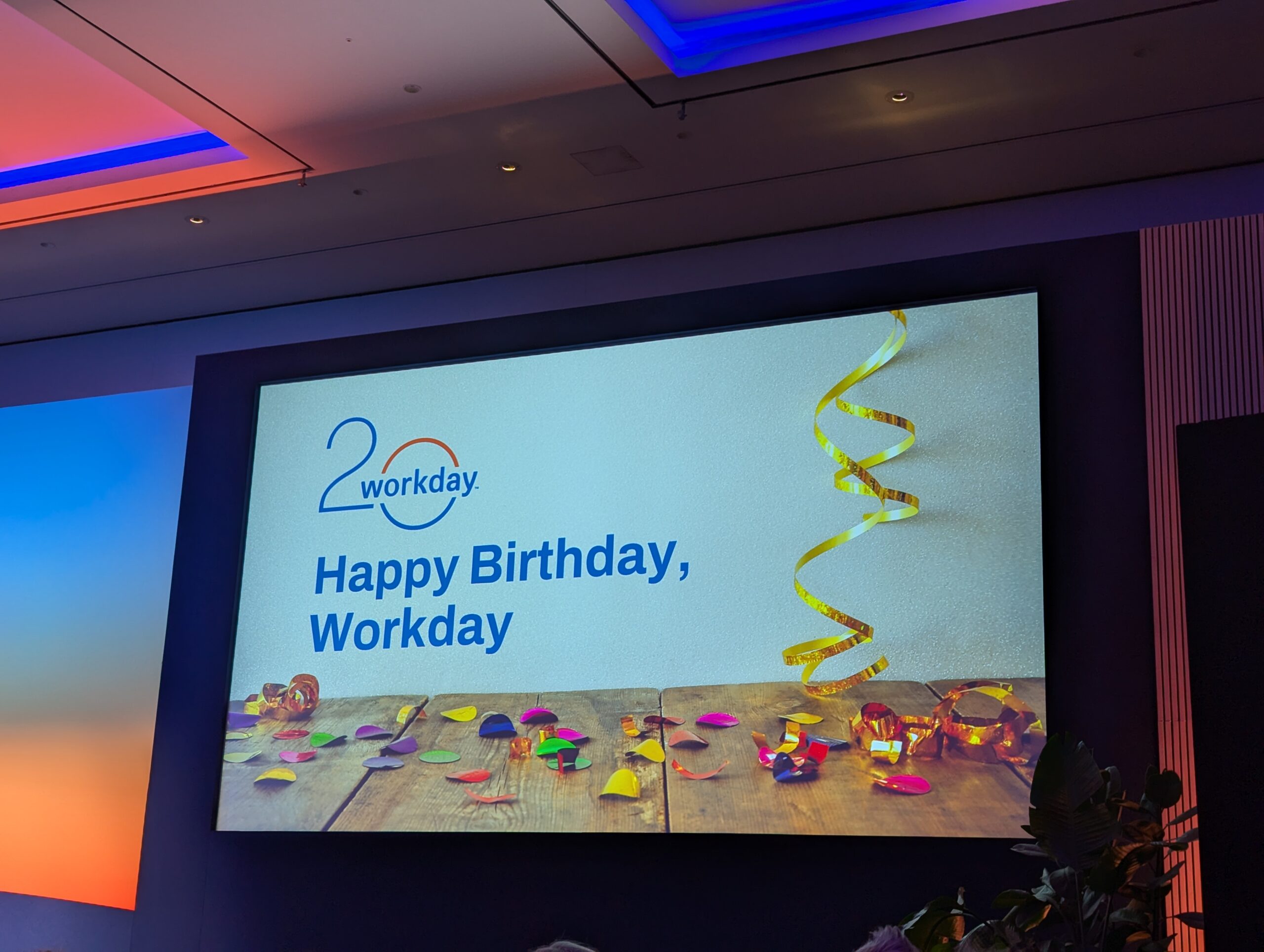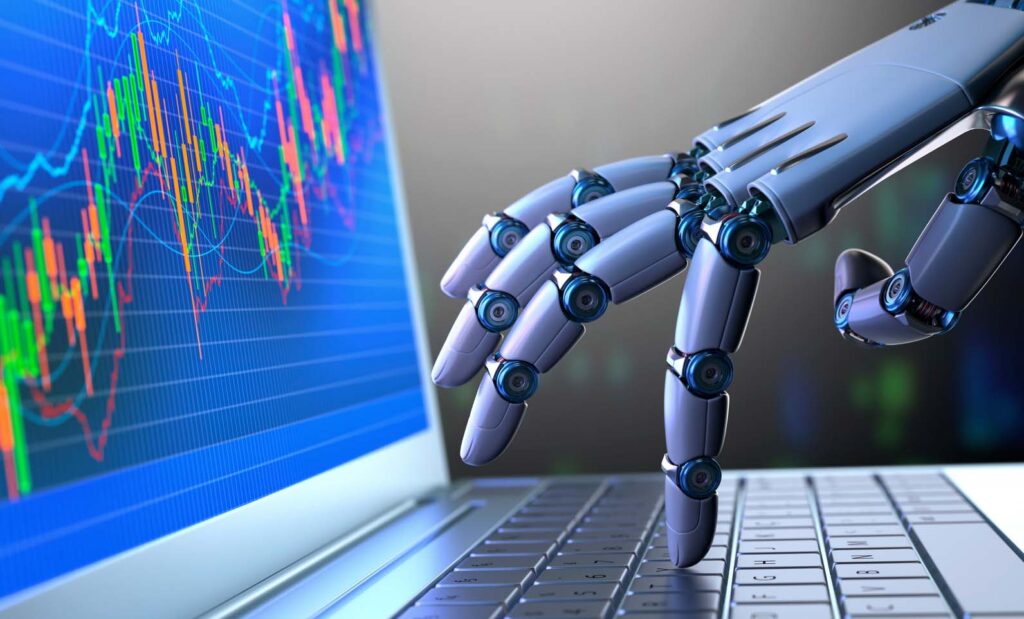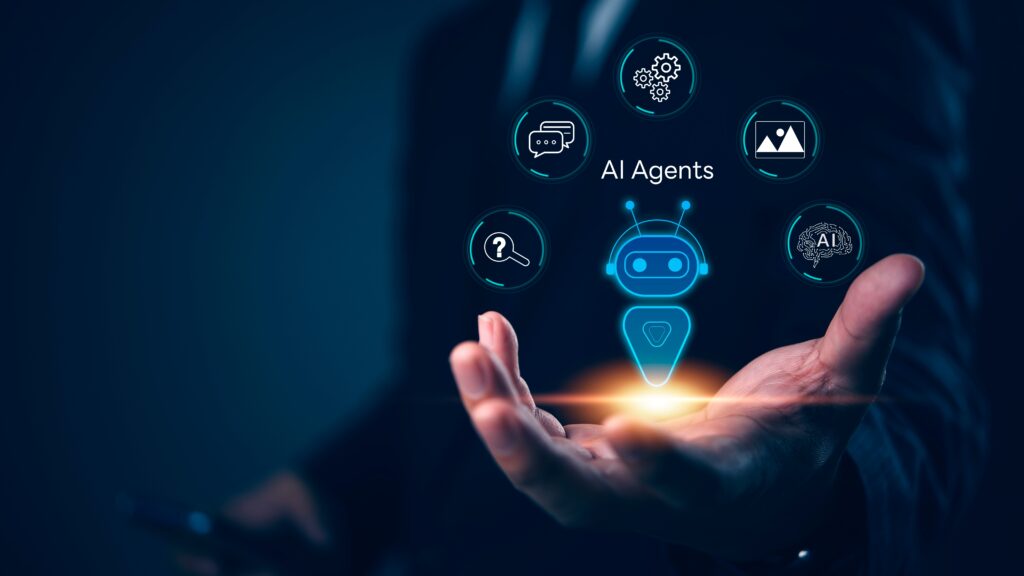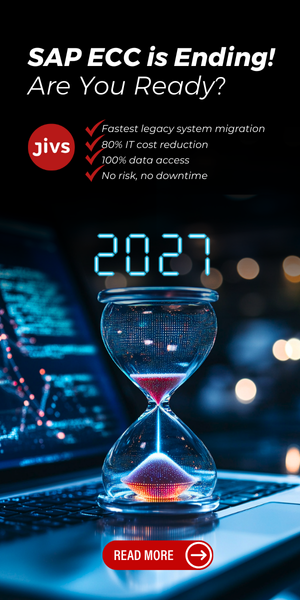This week Workday Elevate rolled up in London, Workday’s premier annual UK event for partners, clients and more. This year the theme for the HCM and finance specialist is one close to home: its 20th anniversary as a company , with many happy returns from ERP Today. But with talk of AI and more at Workday Elevate London 2025, the company is clearly looking forward instead of resting on its laurels with a nostalgic view of the past.
The big keynote topic was expanding on this week’s announcement of a batch of new Illuminate Agents, Workday’s term for its agentic AI solutions, and the theme it wishes to push for its next 20 years as a business. These new tools include agents designed for Contingent Sourcing, Contract Intelligence & Negotiation, Document-Driven Accounting, Self-Service and Supplier Contracts. The contract agents in particular got a little extra ‘bump’ on stage from the presence of Jerry Ting, Founder/CEO of Evisort and VP at Workday.
This is because Evisort is a leading AI-native document intelligence platform which Workday acquired last fall as a potential SAP Ariba slayer on the Contract Lifecycle Management (CLM) front. As of March, Evisort’s tools became available through Workday Contract Intelligence and Workday CLM, and as of this month, Ting is now the Workday VP in charge of all things agentic AI across the Workday organization.

“Agents is the next generation of workers,” Ting declared on stage at the O2 InterContinental London venue, very much convinced that by 2045 Workday will be the ERP tool you use to manage both human and artificial employees. This was a view echoed by Daniel Pell, VP and UKI Country Leader on stage as part of his keynote, and later in a private panel at Workday Elevate London.
Talking to ERP Today, Pell stressed the difference between generative AI and agentic AI, saying that while both have a place in organizations, the agent edge comes from the “immediate reactions” possible with agents.
 “[An agent] starts to understand what’s important,” he explained. “Say you’re creating a job description for a very senior executive […] it’s going to keep it confidential and it knows that because of the parameter.”
“[An agent] starts to understand what’s important,” he explained. “Say you’re creating a job description for a very senior executive […] it’s going to keep it confidential and it knows that because of the parameter.”
But with some potential businesses still unsure what agents exactly are as they continue to get their heads around the very notion of AI from a beginner POV, it begs the question of where agents fit into the concept of AI copilots, standalone products that remain available on the GenAI market from some vendors.
Workday Elevate and AI
Last fall, president & chief product officer of Workday rival SAP SuccessFactors, Dan Beck, told ERP Today that you won’t see SAP or its flagship HCM product “marketing a host of different AI agents”, pointing out that AI agents are by nature simply a day-to-day element of what defines an AI copilot.
At the same panel, Prasun Shah, Global CTO & AI Lead, Workforce Consulting for PwC, admitted that some clients using copilots are confused, asking “I’ve got [Microsoft] Copilot – isn’t that agentic?”
 “There’s a good and a bad about what Copilot has done. It’s created the buzz around generative AI […] But the big difference between generative AI and agentic is that [the latter] is actually doing work for you inside the enterprise model.”
“There’s a good and a bad about what Copilot has done. It’s created the buzz around generative AI […] But the big difference between generative AI and agentic is that [the latter] is actually doing work for you inside the enterprise model.”
With one client, Shah cleared the confusion by discussing the ‘pyramid’ of human workers in their company, with those at the bottom level having a lower level of skills but developing their way ‘higher’ through the pyramid.
“The model in future will be interacting with a pyramid of agents […] As you move up the value chain of agents, you have agents with specialisms […] and some higher-order agents I loosely call the ‘headless Hydras’ who are managing a network of agents [which] they’ll orchestrate to run a particular job.”
‘Headless Hydras’ will be managing a network of agents in the pyramid
This goes back to Jerry Ting’s prediction for both the future of Workday and the workforce, especially as IT and HR functions merge ever closer on the business front. It also underlines that in the Workday view, GenAI and copilots are human-led, offering portals for ad hoc creation and app journeys using AI technology. Agentic AI meanwhile is not centered around the spontaneous or the start-up of a system, as it is instead more task-led. The difference in comparison to SAP is that companies like Workday and Salesforce are announcing each new agent on its own terms, rather than as facets of a batch update. Each one gets its moment in the spotlight – and, handily, helps to highlight a new feature of the expanding Workday family as with the Evisort example from earlier.
At the same panel ERP Today was a Salesforce SVP, in a good reminder of the partnership between WDAY and SFDC. With Salesforce on its side, Workday has the power to integrate its HCM/financial nature with the huge swathes of CRM data that comes with Salesforce’s formidable market strength.
It’s a canny move that will help Workday and its AI evolve ever further over the next few decades. In addition, the vendor would be wise to consider two other considerations for a fruitful and continued existence. Firstly, concentrating further on the SME sector with its recently announced Workday Go offering. Details have been limited regarding the offering, and at Workday Elevate London it was represented by a quick slide and little else.
Secondly, the HCM side of things was positioned stronger than the financial one in this year’s Elevate keynote. And yet, the most intriguing part of a presentation from AI VP Kathy Pham was a display of Workday’s AI-driven prowess in keeping up with all the latest tariff turbulence, a bread-and-butter-meets-AI financial tool that is vital to businesses now and likely to be for the next 20 years should the world become more turbulent.
This is how Workday should elevate next.
What this means for ERP Insiders
Agentic AI and Strategic Vision: At Workday Elevate London 2025, Workday emphasized its 20th anniversary by outlining its forward-looking strategy centered on agentic AI. The unveiling of new Illuminate Agents — including solutions for contingent sourcing, contract negotiation, and document-driven accounting — signals Workday’s ambition to redefine enterprise automation.
Differentiating Agentic AI from Generative AI: At Elevate, executives from Workday, PwC, and Salesforce drew a clear line between generative AI and agentic AI. The latter focuses on autonomous, context-aware task execution within enterprise systems, positioned by Workday as core functional assets. The vendor highlighted a future where human and artificial, agentic employees are managed within the same ERP framework.
Growth Levers and Market Positioning: Workday continues to invest in its SME footprint with the so-far under-publicized Workday Go and is enhancing its financial tools, such as tariff management capabilities, to match the strength of its HCM offerings. The company’s strategic alliance with Salesforce also boosts its ability to connect HCM and finance functions with CRM data, strengthening its appeal across broader business ecosystems as it looks to scale over the next two decades.






